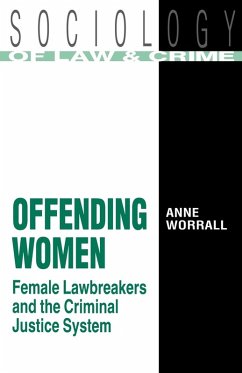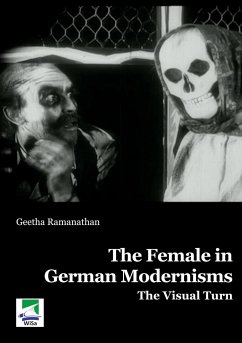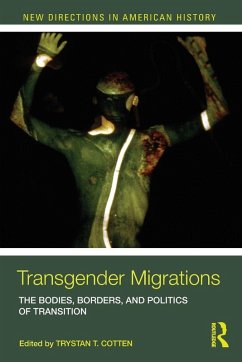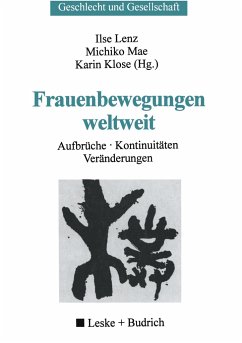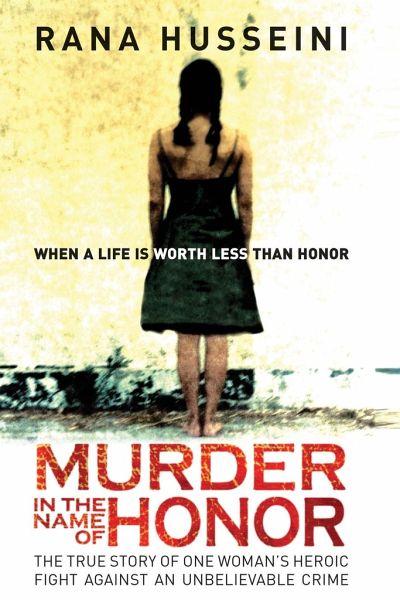
Murder in the Name of Honor
The True Story of One Woman's Heroic Fight Against an Unbelievable Crime
Versandkostenfrei!
Versandfertig in 1-2 Wochen
24,99 €
inkl. MwSt.

PAYBACK Punkte
12 °P sammeln!
Hard-hitting and controversial exposé of honour killings, with many personal stories and high-profile cases. Husseini is an influential investigative journalist, and has been interviews on the BBC and CNN.
Honour crimes are common in many traditional societies around the world, as well as in migrant communities in Europe and the USA. They involve a 'punishment' - often death or disfigurement - carried out by a relative to restore the family's honour. This book examines honour crimes.






